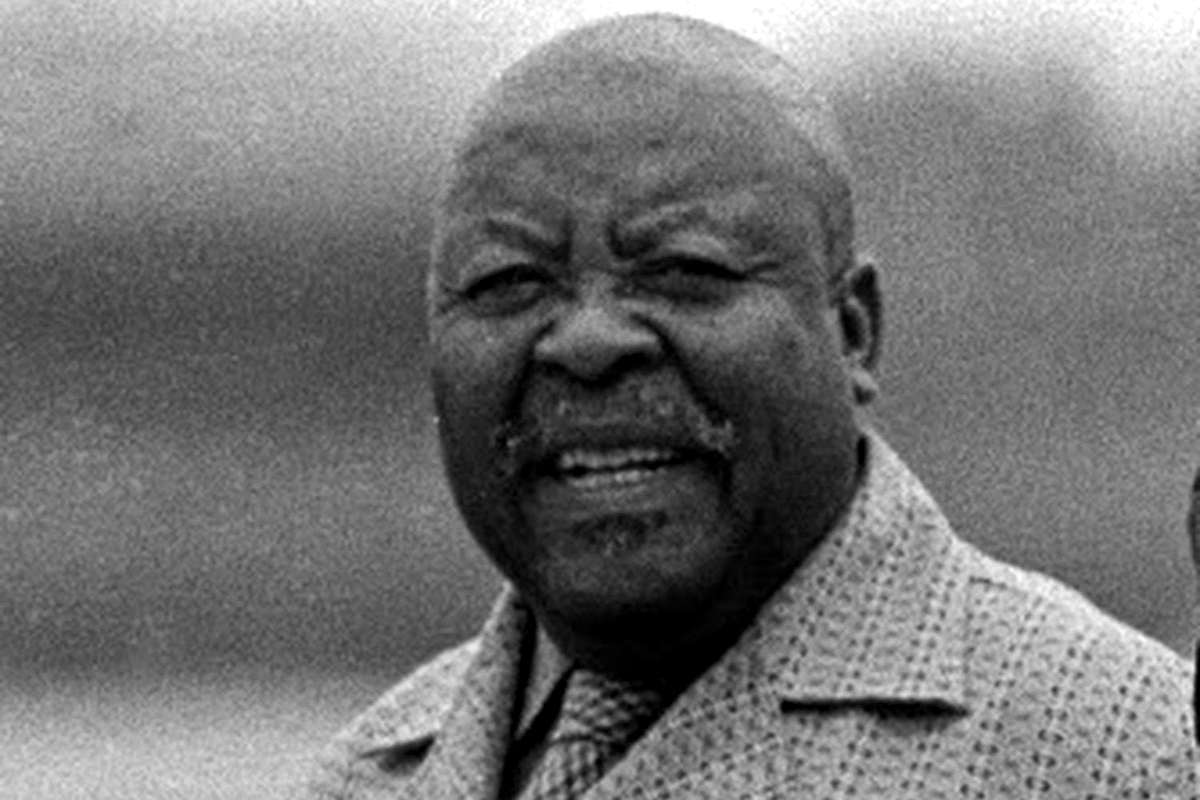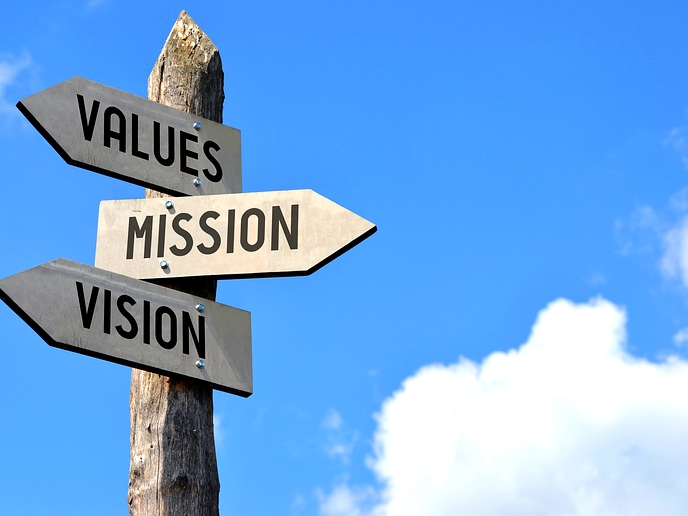Warm greetings fellow Basotho and our guests from faraway lands who reside in our beautiful Mountain Kingdom! I am privileged to have been offered this platform to contribute to the national conversation on issues pertaining to Lesotho’s economy. I am neither an economist nor a major in business administration. I am simply a curious Mosotho woman who reads widely about various topics not limited to my chosen profession.
comments
July 29, 2020
Mothepa Ndumo
4 min read
The Lesotho Economy and Its Discontents

I also happen to lecture in the Law of Business Associations and in Labour Law in the Faculty of Law at the National University of Lesotho to final year LLB students. I cannot hope to instruct our future leaders in those courses if I do not have an appreciation for the broader economic context and landscape shaping the regulatory choices that our august Parliament makes year in and year out. It is an entire ecosystem that decides what you and I are going to have for lunch.
We should therefore be concerned about the economy and the circuitry that constitute our economic system such as it is. One of the ideas that I will be championing in this column is that of viewing Lesotho, not as a country per se, but as a publicly listed corporate entity, let us call it Lesotho Inc, where every single Mosotho, man, woman and child, is a shareholder. For far too long, Basotho have been excluded from enjoying the spoils generated by their economy, such as it is. Our welfare as the citizens of this country has been sacrificed to a poorly articulated developmental agenda that has resulted in nothing but economic marginalisation for most Basotho. Our economic development agenda is poorly articulated because it is not authentically Basotho, for Basotho, by Basotho.
No sir, no madam, instead, from the pre- and post-colonial periods up till now, we have had injections of policy formulation shots from different external stakeholders. These external stakeholders range from international agencies belonging to the United Nations (UN) family, to international aid agencies with enough clout to even dare try and dictate an economic trajectory for us. Regional bodies like Southern African Development
Community (SADC) and Southern African Customs Union (SACU) and continental bodies like the African Union (AU) whose precursor was the Organisation for African Unity (OAU) also have an impact.
Why, even international businesspeople allegedly connected to international criminal syndicates have had a hand in some rudimentary form of economic policy formulation! Our enclave economy status means that our economy has also been impacted by developments in the country inside whose belly we geographically exist, the Republic of South Africa. I grew up in the Eastern Cape town of Butterworth, in the former Republic of Transkei and have lived and worked in various parts of South Africa.
I have family scattered all over South Africa and in some parts of the SADC region. I am a realist and a pragmatist and know that our geographical location means that, to a large extent, economic policy formulation for Lesotho and Basotho cannot happen in a vacuum that disregards the fact that we are an enclave economy.
Not only that, the global economic structure and its imperatives means that Lesotho is constantly balancing several competing interests in order to maintain some level of economic functionality. These competing interests range from worker collectives such as trade unions, to domestic capital and Foreign Direct Investment (FDI) and everything else in between including our membership of the regional, continental, and international bodies some mentioned above.
The sophistication of this circuitry is enough to make one’s head spin, and yet, we all, regardless of our level of formal, Western education, need to grapple with certain features of our economy, well, because, in the infamous words of former US President Bill Clinton’s election campaign strategist, James Carville, “It’s The economy, Stupid!” Instead of “stupid” I will use a Sesothoism and say, “It’s The Economy Nnuku!”
We complain daily about the lack of basic service delivery and the lack of a proper healthcare system (whose discontents are now quite apparent in this COVID-19 era). We are flabbergasted that our youth who have been graduated from our tertiary institutions have, for the past 15 years, been caught in the grip of a graduate unemployment crisis the likes of which we have never witnessed as a country.
Enjoy our daily newsletter from today
Access exclusive newsletters, along with previews of new media releases.
We have uninformed debates about why the BCP government of the early 1990s offloaded and semiprivatised the crown jewel legacies of Morena Leabua Jonathan’s BNP government.
We have such embarrassingly uninformed discussions not knowing that a suit from the World Bank came in and out in a jiffy, stayed in a luxurious suite at the former Lesotho Sun and imposed on that government an economic blueprint that should have been titled, “How To Stifle The Economy of a Least Developed Economy To Death.”
Well, it was not quite so dramatic! The larger point I am making is that we are tragically uninformed about our economy, the very “thing” that decides the bread and butter issues that affect us daily.
We should, in fact, be obscenely obsessed about the Lesotho economy, its circuitry domestically and beyond, and work towards owning it via Lesotho Inc. Let us journey together and explore what prospects Lesotho Inc has for us Basotho #ForGodAndCountry. I thank you!
Mothepa Ndumo is a Legal Academic at the National University of Lesotho, Industrial Sociologist and Certified Executive Coach. www.higherselfcoaching.org
Tailored for you






